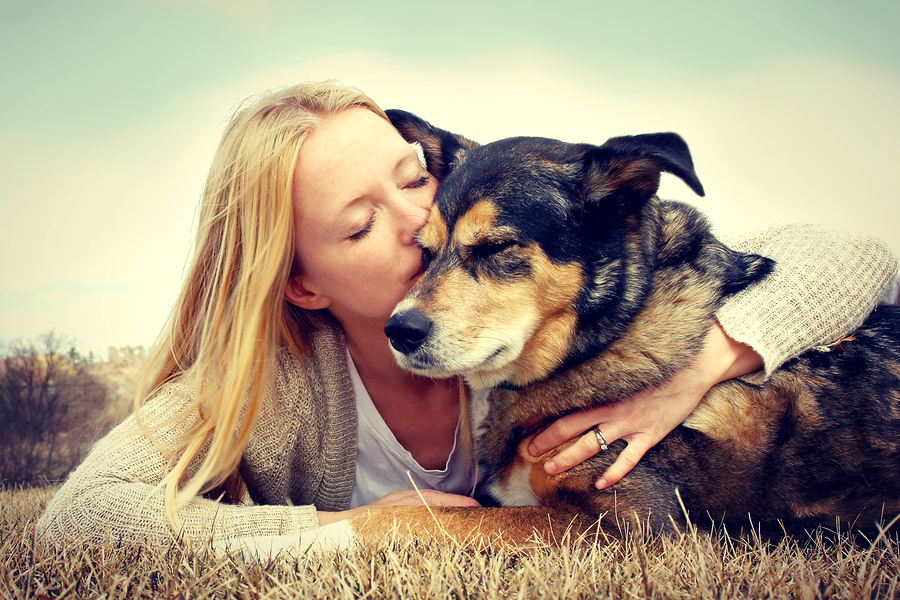The holidays are an exciting and busy time of the year, but don't get so busy that you forget your furry family members. They need a little extra consideration, especially if you're planning on lots of decorations or having family and friends over for parties. These ten tips can help keep the holidays jolly for all members of your family - including those with four legs.
- Be sure to secure your Christmas tree. If your pet is allowed in the same room with the tree, be sure it won’t tip over easily if bumped by a swishing tail. If you go in for a live tree, be sure they can’t get to the water reserve. Preservatives to keep the tree alive can poison pets, plus stagnant water is a breeding ground for bacteria.
- Don't skip your healthy routine. Just because it's the holidays, that doesn't give you an excuse to skip out on your health routine - or your pets'. One of the best stress relievers for either of you is to just get out and go for a walk. (Plus, you get a chance to walk off that extra holiday cookie.) Even though things may be crazy at home, be sure to give them the exercise they need. Not only will they be more calm, they'll rest better at night.
- Avoid tinsel. If you have furry friends, it’s best to forgo the tinsel on the tree for a couple of reasons. First, that shimmering glow attracts your pets’ attention – as does the movement. They might want to investigate further and tip over the tree harming themselves or causing damage. Also, though it may look harmless, it can twist and bunch in their intestines if eaten.
- No mistletoe, holly or poinsettias. All of these plants – though festive – can harm your pet. Poinsettias can cause severe stomach upset, while mistletoe and holly can be deadly.
- Don’t leave lit candles unattended. There are two sets of dangers with this. One, if the candle is low enough a furry tail could accidentally swipe too close to the flame. For another the scent, the flickering light and the warmth all attract your furbaby’s attention. If candles are up, out of harm’s way and not left unattended you can avoid dangerous accidents.
- Keep table scraps and “people treats” out of reach. There are several dangerous foods lurking around your holiday table that can be harmful and even deadly to your four-legged family members. These include turkey skin, bones, chocolate, raisins, grapes, onions, garlic, sugar free baked goods (especially those with xylitol), currants, alcohol, macadamia nuts and coffee. Keep these foods out of reach and warn guests not to feed them anything but pet treats.
- Give them a safe place away from festivities. This isn’t just for pets that are easily excited. Older pets can get anxious with too much activity going on – especially young children if they aren’t used to them. Give your pets a safe, secure area away from the party to rest and/or hide.
- Keep medications and supplements out of reach. You know that your medications should be kept out of reach of children and pets, but don't forget about vitamins and supplements, as well. For example, many of us reach for appetite suppressants this time of year and tend to leave them on the counter as a reminder. This isn't a great idea with curious pets around. Store them up and out of the way until needed.
- Keep electrical cords out of reach. If you have a young pet who still likes to chew, be sure to keep all electrical cords well out of reach.
- Don’t hang pet stockings up too early. If you like to give your pet a treat and/or toy in his stocking each year, be sure to wait to fill it until the last minute. They could cause damage or injure themselves climbing up to see what’s inside. If you’ve used the same pet stocking in years past, you’ll want to avoid hanging it up early even if it’s empty. The smell of treats can linger, and your furbaby might try climbing to check it out.





